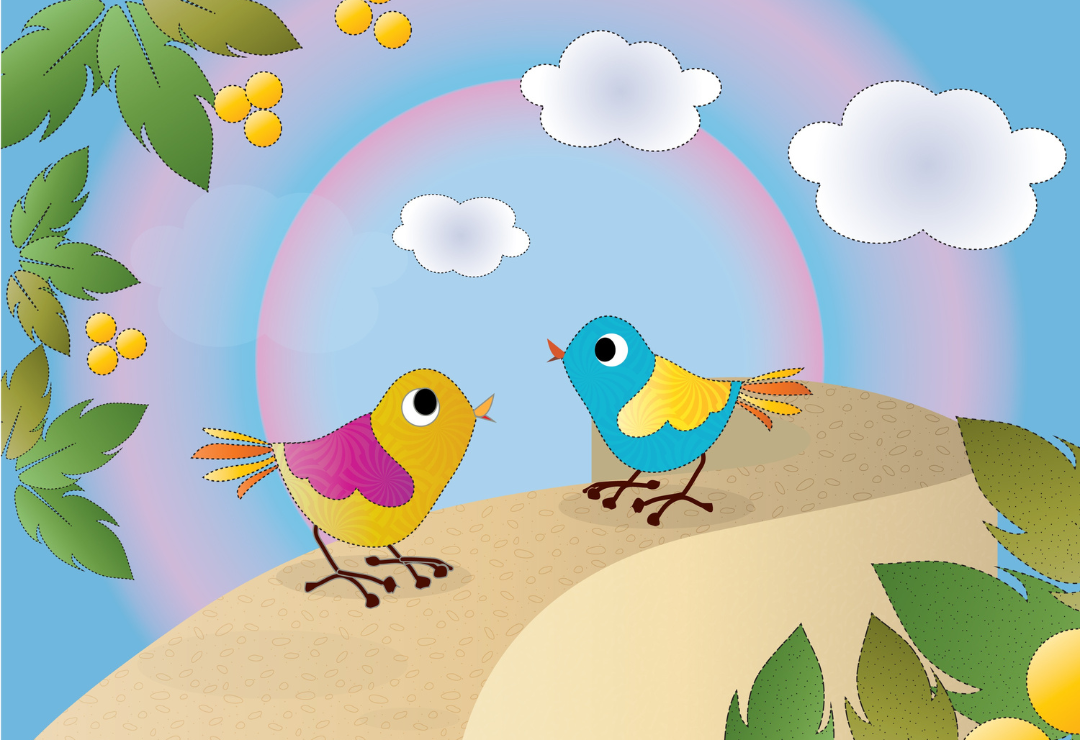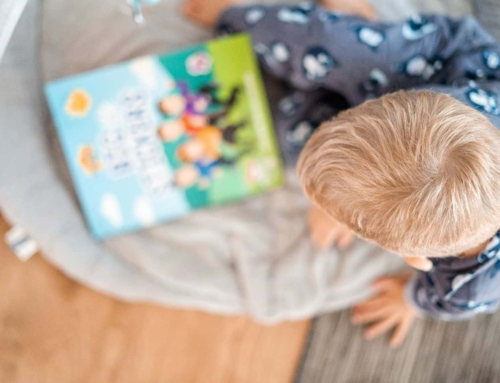At Happy Journeys, we value nursery rhymes as a powerful tool that supports children’s development in language, literacy and social skills and here’s why.
Building Early Language Skills
Repetition is one of the most effective ways for children to learn. Nursery rhymes use patterns, rhyming words and predictable rhythms, which help young learners build their vocabulary and improve pronunciation. When children repeat familiar rhymes, they practice new sounds and words, laying the groundwork for clearer communication.
Supporting Literacy Development
Rhymes and rhythm naturally capture a child’s attention, making it easier for them to recognise sound patterns. This awareness of phonics is a key stepping stone toward learning to read. By understanding how words fit together through rhyme and repetition, children develop early literacy skills that will support them as they progress throughout school.
Encouraging Memory and Recall
The simplicity of nursery rhymes makes them easy for children to remember. This practice strengthens memory skills and recall abilities, both of which are important for learning in all areas. Remembering the words to a rhyme also builds a sense of confidence and achievement for young children.
Boosting Social and Emotional Development
Nursery rhymes are often sung or recited in groups, giving children the opportunity to connect with peers. This helps develop social skills such as listening, turn-taking and collaboration. Many rhymes also tell short stories or use expressive language, which encourages creativity, imagination and emotional understanding.
Cultural Connection and Tradition
Beyond academic benefits, nursery rhymes connect children to cultural traditions. These simple verses often carry historical significance and are passed down through generations, creating a sense of continuity and shared experience for families.
Nursery rhymes may seem simple, but they play a vital role in early childhood development. At Happy Journeys, we integrate nursery rhymes into our schedule because they offer a fun and effective way for children to learn language, improve memory and build social bonds.






